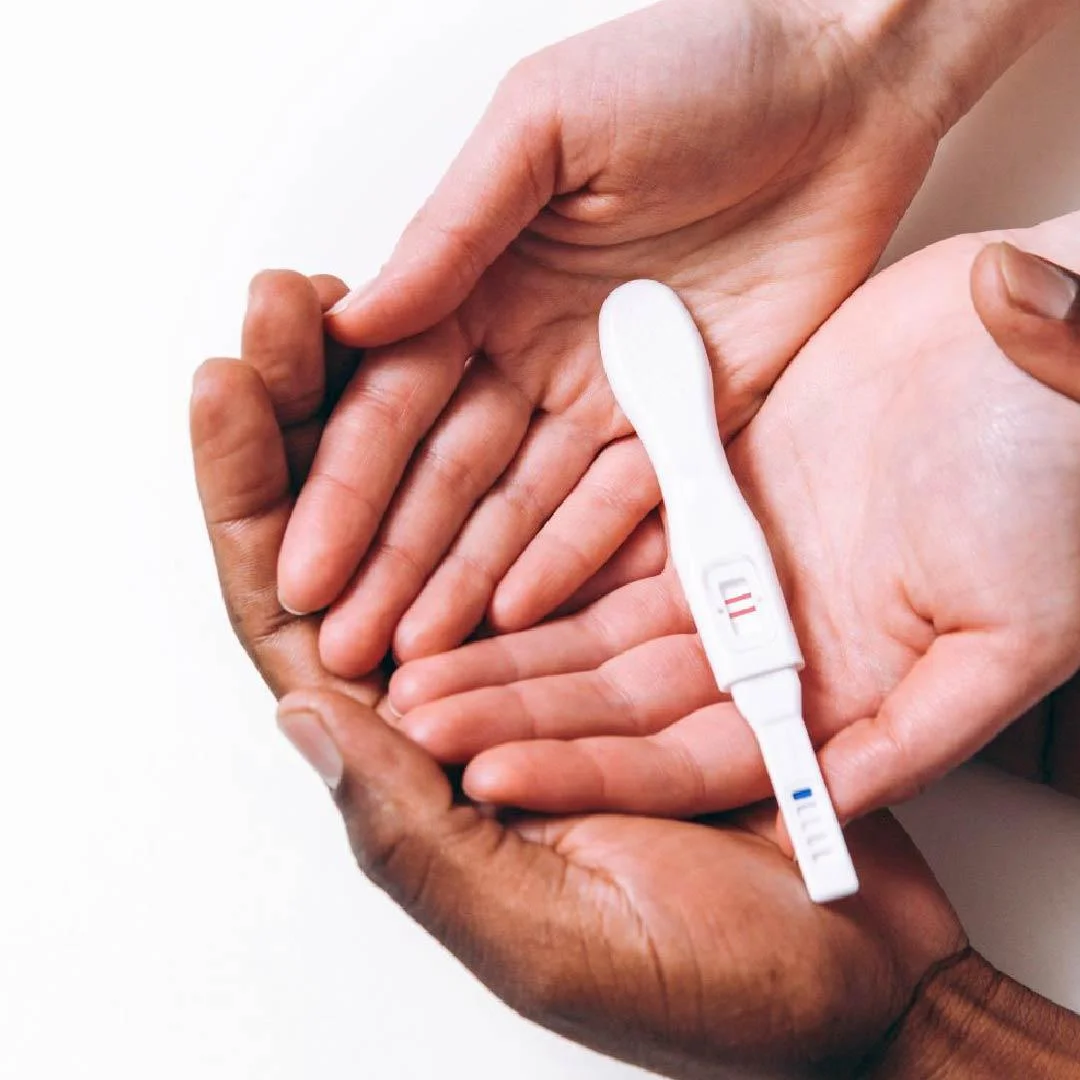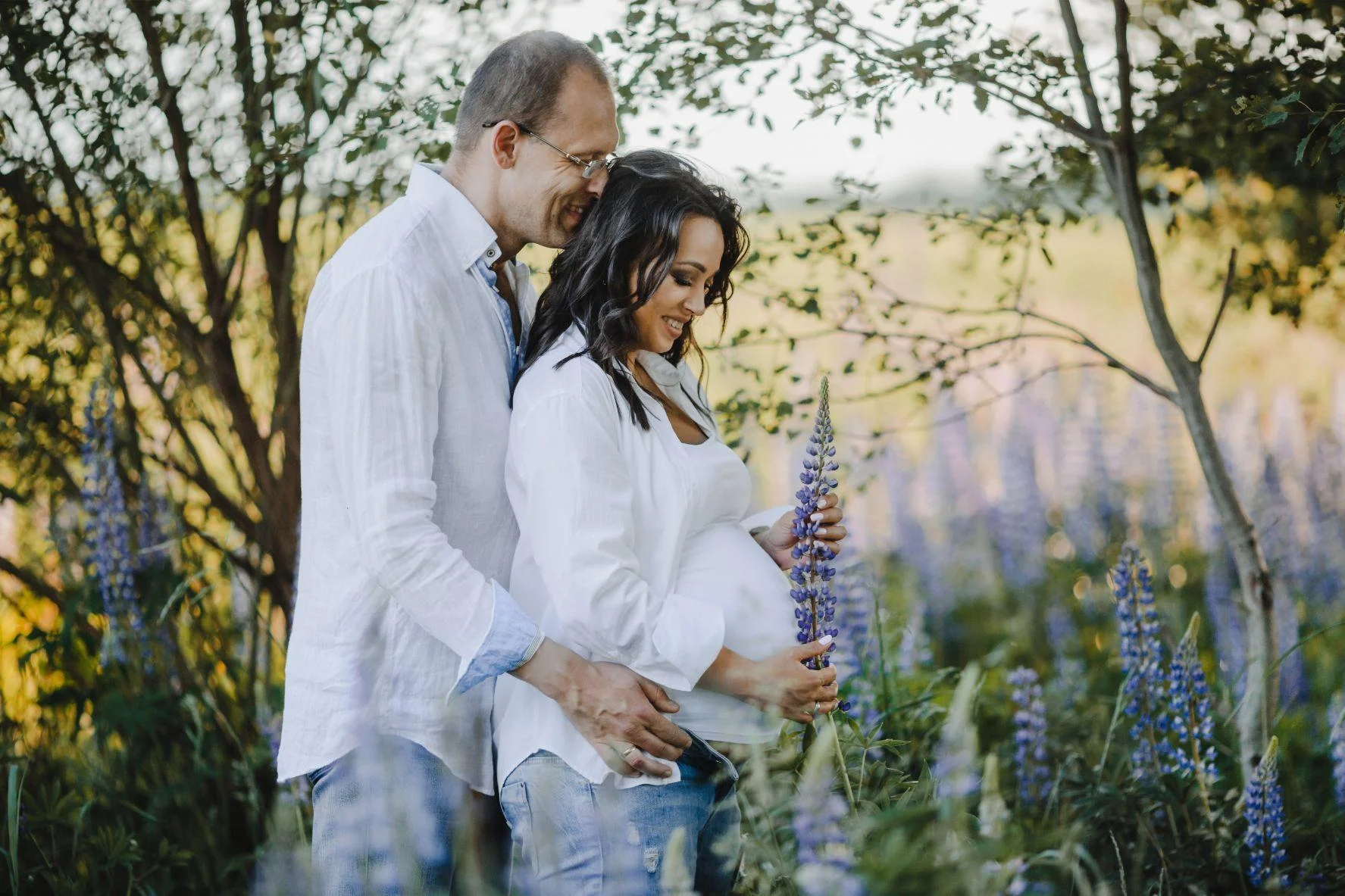The fertility rate in women declines as a woman’s age increases. Nowadays, many women choose to lead a financially independent life by focusing on their career. We understand your need to start a family later in life, be it a personal choice or due to health issues that require postponing pregnancy.

Declining Fertility
For women over the age of 35 planning for a pregnancy, it’s encouraging to know that historically women have always had children in their late 30s and early 40s. It is generally not their first, but it’s pretty natural to have a baby at this age.
Every woman is born with a certain number of eggs. As the woman ages, the eggs age too and the number of healthy eggs decrease. Fertility declines with age, starting at 32 and drastically after 37. The ageing eggs cause a decline in fertility, resulting in a higher chance of infertility, miscarriage, and genetic disorders such as Down Syndrome.

Declining Fertility
For women over the age of 35 planning for a pregnancy, it’s encouraging to know that historically women have always had children in their late 30s and early 40s. It is generally not their first, but it’s pretty natural to have a baby at this age.
Every woman is born with a certain number of eggs. As the woman ages, the eggs age too and the number of healthy eggs decrease. Fertility declines with age, starting at 32 and drastically after 37. The ageing eggs cause a decline in fertility, resulting in a higher chance of infertility, miscarriage, and genetic disorders such as Down Syndrome.
Technologies Offer Hope
Fortunately, advanced medical technology employed at MotherToBe allows us to extend the biological clock for many women. There are many options to explore with your doctor to address age-related fertility problems and enhance your chances of becoming a mother. Some of these include:

Intrauterine Insemination (IUI)

In Vitro Fertilisation (IVF)

Donor Eggs

Egg Freezing
Egg Freezing is a technique, also known as oocyte cryopreservation, involves freezing a woman’s eggs to be thawed and fertilised later, effectively stopping the ageing process in the eggs. We are proud to use the most advanced and effective form of this technique, called vitrification. In this process, an egg is placed in a small volume of vitrification medium and cooled extremely rapidly. The fast freezing eliminates formation of ice crystals in the egg—a problem encountered with older versions of egg freezing—making vitrification the most effective technology available.
When to See a Fertility Specialist?
If you are over 35 and have spent six months or more having unprotected intercourse with no success at pregnancy, then it’s time to consult a fertility specialist, and if you are over 40, it’s vital that you seek help as soon as possible.
Book an Appointment

